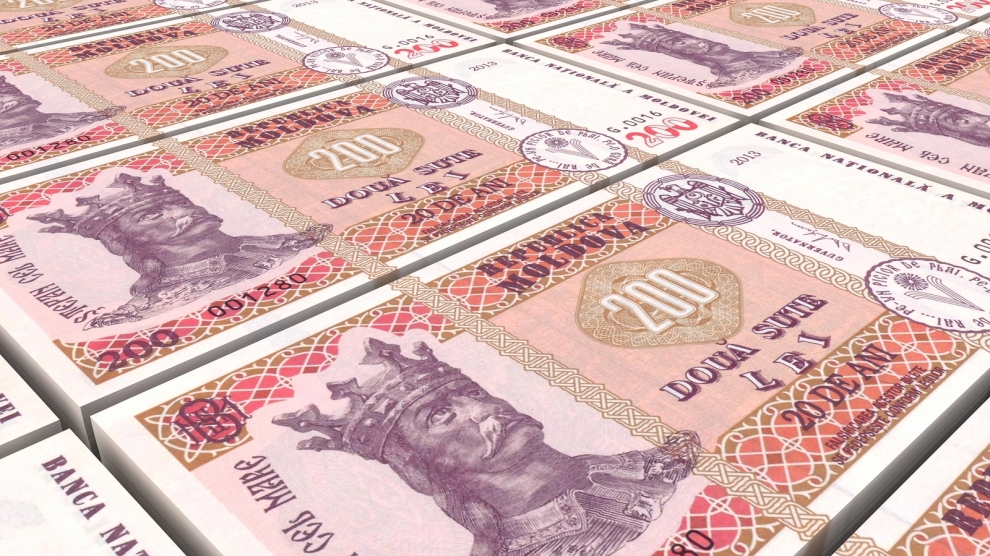The EU’s head of mission in Moldova, Peter Mihalka, has said that the country should not apply a proposed tax reform and capital amnesty bill, which, he claims, is “hasty and non-transparent.”
“Moldova has committed itself to better relations with the EU, and has signed both an Association Agreement and memorandum on macro-financial assistance. If this tax legislation, adopted in a hasty and opaque manner, is applied, it could lead to the violation of Moldova’s obligations,” said Mr Mihalka. “The legislation is incompatible with current reforms aimed at strengthening the rule of law, the fight against corruption, money laundering and organised crime, and improving the business climate.”
The legislation, passed just a day before Moldova’s parliament went into its summer recess, allows for an amnesty of all undeclared income and wealth on payment of a three per cent tax.
The Council of Europe has also scrambled to distance itself from the legislation, following media reports in Moldova which appeared to wrongly suggest that the law had been analysed and approved by an expert from the Council of Europe’s Committee on the Evaluation of Anti-Money Laundering Measures and the Financing of Terrorism (Moneyval).
“Moneyval wishes to clarify that it was not consulted on this law at any stage in the legislative process, nor was any international expert on behalf of Moneyval,” reads a statement from the Council of Europe.
In line with its rules of procedures, Moneyval is responsible for analysing all voluntary tax compliance programmes adopted by its members with regard to their compliance with the applicable international anti-money laundering and counter-terrorist financing standards.
Civil society groups and NGOs in Moldova have called on the country’s president, Igor Dodon, to refuse to promulgate the law.
“This is yet another attempt to whitewash capital obtained via dubious sources,” said a group of 28 NGOs in a joint statement.






[…] While civil society leaders appeal to EU for support, the ruling Democrats seem increasingly keen on exiting democracy, reflecting the views of their mighty financier, Vlad Plahotniuc, who seems keen to monopolise politics in Moldova and leave almost no room for opposition views. Growing steadily into a position of ‘absolute power’ (factotum), the Democrats are willing to install a sort of ‘vertical of power’ regime that would enable them to reign as ‘uncrowned kings’, thus, essentially undermining the substance of European values and norms, the most important pillar of the EU Eastern Partnership. On July 26, the ruling coalition, led by the Democrats, voted a law “on voluntary declaration and fiscal stimulation,” a de facto amnesty on huge amounts of foreign capital on payment of a fee of three per cent. […]
[…] While civil society leaders appeal to EU for support, the ruling Democrats seem increasingly keen on exiting democracy, reflecting the views of their mighty financier, Vlad Plahotniuc, who seems keen to monopolise politics in Moldova and leave almost no room for opposition views. Growing steadily into a position of ‘absolute power’ (factotum), the Democrats are willing to install a sort of ‘vertical of power’ regime that would enable them to reign as ‘uncrowned kings’, thus, essentially undermining the substance of European values and norms, the most important pillar of the EU Eastern Partnership. On July 26, the ruling coalition, led by the Democrats, voted a law “on voluntary declaration and fiscal stimulation,” a de facto amnesty on huge amounts of foreign capital on payment of a fee of three per cent. […]